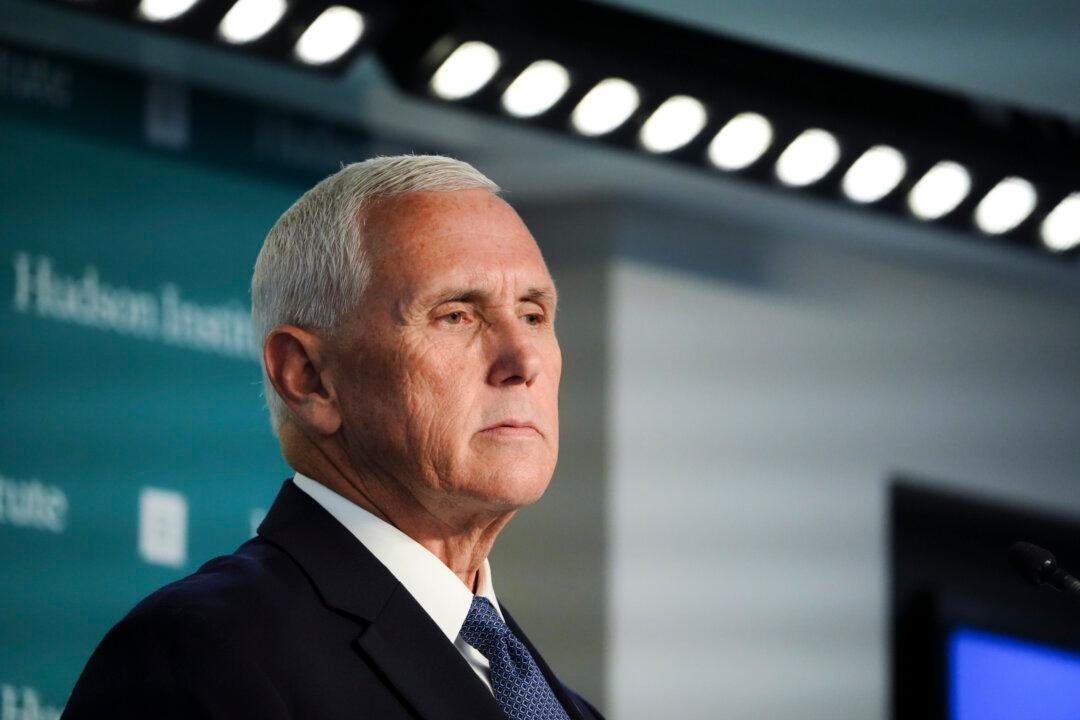The Senate Committee on Rules and Administration held a hearing on Sept. 27 on the potential effects of artificial intelligence (AI) on the future of the United States’ electoral system.
Among those testifying at the hearing, “AI and the Future of Our Elections,” were Ari Cohn, free speech counsel at TechFreedom; Minnesota Secretary of State Steve Simon; Trevor Potter, a former commissioner and chairman of the Federal Election Commission and founder and president of Campaign Legal Center; and Maya Wiley, the president and CEO of The Leadership Conference on Civil and Human Rights.




